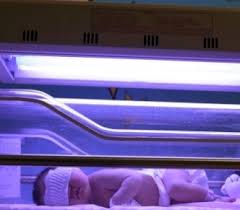 When your baby is born, his levels of vitamin K will be very low.
When your baby is born, his levels of vitamin K will be very low.
This is because while bacteria in the intestines automatically produced vitamin K in adults, newborns do not yet have this ability, and the amount the baby will have received from his mother are very low.
Vitamin K is important for helping wounds heal properly, and to help our blood clot.
Some babies, about one out of every 10,000 are born with a rare disorder known as vitamin K deficiency bleeding. Although rare, this disorder can be very dangerous. Babies with vitamin K deficiency bleeding can bleed in their brain, resulting in brain damage and even death.
Because of this possibility, and because all babies are born with very low levels of vitamin K, most hospitals offer vitamin K for each baby shortly after birth, usually within the first hour.
If your baby is born before 37 weeks, if your delivery was complicated and your baby sustained injuries or bruising, if your baby has liver problems, if your baby had trouble breathing at birth, or if you took certain medications during your pregnancy, then your baby will be at higher risk.
While all babies who are high risk should receive vitamin K, you should also know that vitamin K deficiency bleeding can occur in the absence of any known risk factors.
There are two ways that vitamin K can be given to babies. The first is in a single injection. The other is in a course of two or three oral doses. Talk with your health care provider about the options available where you will deliver, and decide which you want.
This information should be included in your birth plan. You should be aware that if you deliver in a hospital and hospital policy is to give all babies the injection at birth, you will probably need to remind care providers that you have chosen something different.
Vitamin K supplementation was quite controversial at one point, when it was believed that vitamin K injections might increase the likelihood that a child would develop leukemia at a later date. Medical studies have not found a correlation.
By the time your baby is two weeks old, he will have begun making his own vitamin K. Additional supplementation after this time period is usually not required.















